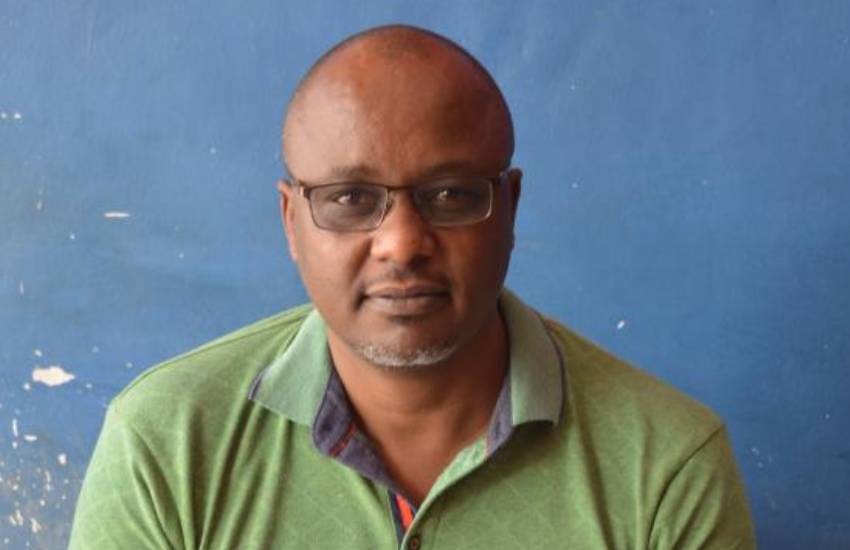
All Dr Patrick Boruet wanted was some quiet time. Or so he thought. The decision to have him confined to the hospital after being diagnosed with mental illness did not go well with him.
Dr Boruet had been diagnosed with bipolar type 1 but he told the psychiatrist that June 2011 “I am okay. I do not have to be in a hospital.” But he had bipolar type I, or Bipolar 1 disorder- a mental illness characterized with manic episodes of abnormally elevated or irritable mood and high energy accompanied by abnormal behavior that disrupts life.